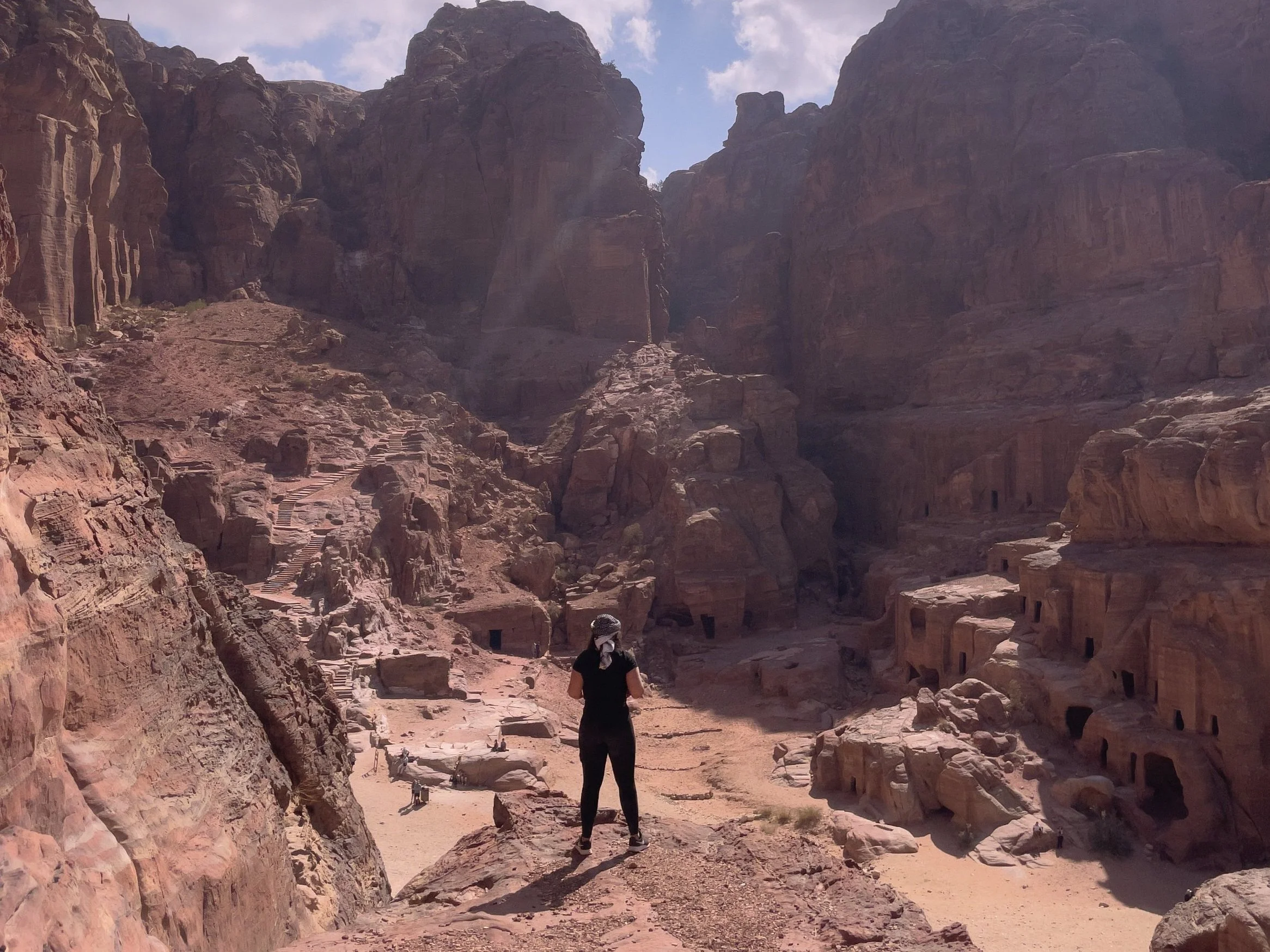Decolonizing the village
I recently co-facilitated the Feminine Essence Retreat with my dear friend Carmyn, and by the end of it, I was cracked open in a way I didn’t see coming.
One of the participants — a powerful, tuned-in woman deeply connected to the unseen realms — reflected something to me that I’ve felt in my bones but hadn’t yet said out loud:
She told me that I’ve whitewashed myself.
That I’ve been moving in the world like a white woman.
And honestly… she’s right.
Somewhere along the way, I abandoned parts of myself — softened them, hid them, reshaped them — to feel safe in Western spaces. I let go of aspects of my culture in order to survive in a world that didn’t know how to receive them.
And what broke my heart is that I didn’t even realize I was doing it.
Ancestral memory lives in my body
I now understand that this wasn’t about shame. It was about safety.
My body holds the memory of rejection. Of displacement. Of being othered.
It’s no wonder I adapted. But lately, I’ve been remembering. Remembering what it means to belong to something ancient. Remembering how my people have lived, loved, and protected the feminine for generations. And with that remembrance comes a quiet rage…Not the kind that destroys — the kind that rebuilds.
The Middle East taught me the codes of community
Before I could ever speak about the “new earth,” I lived inside an old one.
I grew up in Jordan, where the feminine is protected, where the family is held sacred, where connection is not optional — it’s who we are.
In my home, women didn’t just cook — they prayed over the food. They sang while they chopped. They invited everyone in to stir, taste, laugh, cry. Every meal was a ceremony. A village effort. A portal.
We didn’t go to a healer — our grandmothers were the healers.
My grandma would play with my hair, massage my body, whisper prayers to clear away the evil eye.
She would share insights about the medicinal properties of the plants and herbs we used.
We smoked shisha and told stories that held the weight of generations.
We danced. We wept. We gossiped. We fasted to purify.
We prayed five times a day to anchor our souls.
We showed up for each other — even if we hadn’t spoken in years.
That was normal. That was life.
And yet somehow, after moving to the West, I forgot how sacred it was. I thought I had “upgraded.” I thought I was evolving.
But in many ways… I devolved.
The West gave me language — but I already had the wisdom
Don’t get me wrong — I’m grateful for what Canada has offered me.
It gave me space to question. To untangle. To remember.
But it also took something from me:
The aliveness of true interconnection.
The rhythm of village life.
The soul of my people.
It’s ironic to me now that so many in the spiritual community talk about building the “new earth”… when my culture has been carrying those codes all along.
Community support systems. Sacred rites. Family bonds. Cleanliness as devotion. Protection of the feminine.
This isn’t new. It’s ancient.
The problem is, it was passed down with fear.
With control, with distortion, with deep wounds that made it hard to trust.
But the wisdom was always there.
And I’m finding it again.
This time, with love.
I’m not recreating anything. I’m remembering.
My voice — when I sing — it holds ancient tones that don’t come from books.
They come from the desert.
From grief.
From women wailing and rejoicing in the same breath.
From generations of survival and prayer.
So I’m letting my roots rise.
I’m building the village again — not from scratch, but from memory.
Right here in Niagara.
Through circles. Through ceremony. Through food and song and presence and prayer.
Because I finally understand now —
We don’t need to reinvent the sacred.
We just need to come home to it.
